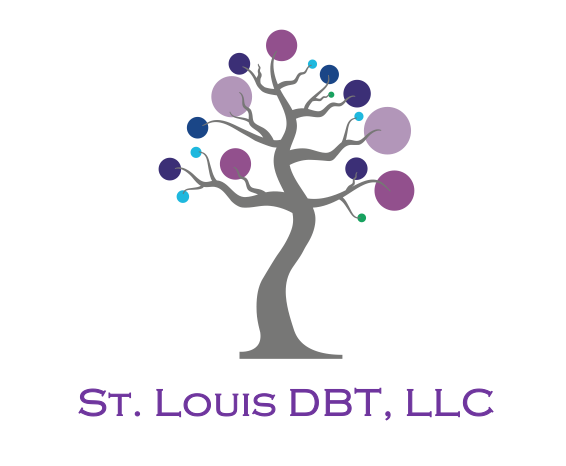Surviving the holidays can be no joke. By using DBT skills, we can not only survive, but also thrive.
Read MoreAre you sometimes your harshest critic? When was the last time you cut yourself a break?
Read MoreOur desire to avoid pain is human, but at what point does this avoidance increase our pain? What can we do to decrease our pain?
Read MoreWith many Americans returning to work, some Human Resource workers are facing more than their common workplace disputes. With the increasing need of Mental Health services for American workers, HR employees are reaching towards therapeutic techniques for better workplace performance.
Read MoreAn emotion is a natural instinctive state of mind triggered by circumstances, mood or relationships, or something similar. At times, emotions can become overwhelming and make us miserable. Are there skills to help us master and control our unwanted emotions?
Read MoreAs humans, we’re inclined to tell stories. However, telling stories can lead to secondary pain or misery. DBT skills can help us change our stories into positive thoughts and cognitions, helping us heal.
Read MoreWhen we believe situations or events are unfair, we may actually be rejecting the fact that the situation is happening or happened. By using the DBT skill, Radical Acceptance, we can transform our situations into livable lessons.
Read More“The human capacity to face, overcome, and even be strengthened by experiences of adversity” (Grothberg, 1997). What is Resilience, and how does one become more resilient towards adversity?
Read MoreSplitting includes all or nothing thinking. Splitting makes it hard for people with BPD to accept that everyone is imperfect and can make missteps. By becoming familiar with our splitting tendencies, we can then move towards walking the middle path and thinking and living dialectically.
Read MoreParenting teens can be hard. Where’s the manual? At St. Louis DBT, we aim to help parents and teens more effectively navigate this challenging period in adolescent development, to foster wise decision making by both parents and teens and to learn to seek the middle path.
Read MoreStopping to check the facts in the heat of the moment takes intentional and practiced effort. Facts are observed through the five senses, verifiable through other means or statements of feelings, needs or wants. Many statements we believe to be facts aren't necessarily facts. The challenge arises when we over-interpret or misinterpret the fact with a negative bias. How do we overcome this challenge?
Read MoreAre cognitive distortions creating hurdles in your life? Cognitive Distortions are ways of thinking we may become caught in. The process of identifying and changing patterns of faulty thinking is called cognitive restructuring, a key component of Cognitive Behavioral Therapy (CBT). Dialectical Behavior Therapy (DBT) builds on CBT and uses cognitive restructuring to help clients reduce their suffering and create a life worth living.
Read MoreVenting comes on a continuum from a thoughtful airing of thoughts and emotions with a trusted confidante to a self-vindicating verbal barrage on the unwitting listener. Did you know that Venting is a skill? Frequently venting frustration or anger is a form of practice—the more you do it the more skilled you become at it.
Read MoreChoosing a therapist to assist you in creating a life worth living can be hard. We’ll walk you through the process!
Read MoreNegative thought patterns are a residual symptom of depression. People have anywhere from 25,000 to 50,000 thoughts a day. That’s not to say it is easy to change your negative thoughts of “what if?” and “why?”
Read MoreWhy do kids immediately think the worst about a situation or another child's or teen's actions?
Read MoreImagine -- Mary and her husband, John, have the same predictable fight week after week. John cheated on Mary five years ago and she can’t let it go.
Read MoreWe humans all have cognitive distortions to some degree that are similar from person to person. Cognitive distortions are those pesky ways we think in order to try to make sense of the world. Trouble is, the world doesn’t always make sense.
Read MoreSometimes emotions are overwhelming because the circumstances, mood or relationship issue is so powerful. When a loved one dies, your client feels overwhelming grief. In time, the grief diminishes. Other times, the intensity of the emotion is greater than the trigger warrants (e.g., a child spills a glass of milk and mom goes into a rage). Most of the time, our client’s emotions are complex. Story-telling, over-interpretation and ruminative thoughts trigger an overwhelming emotional response (and vice versa).
Read MoreBattle lines are drawn in her head each side ready to attack the other at a moment’s notice. On one side, her inner critic waits not-so-patiently to judge. Her inner critic judges harshly when she ridicules her best friend or takes a stranger home from the bar, when she cuts or quits yet another job after a month. To the inner critic in her head, the list to be judged is seemingly endless.
Read More



















